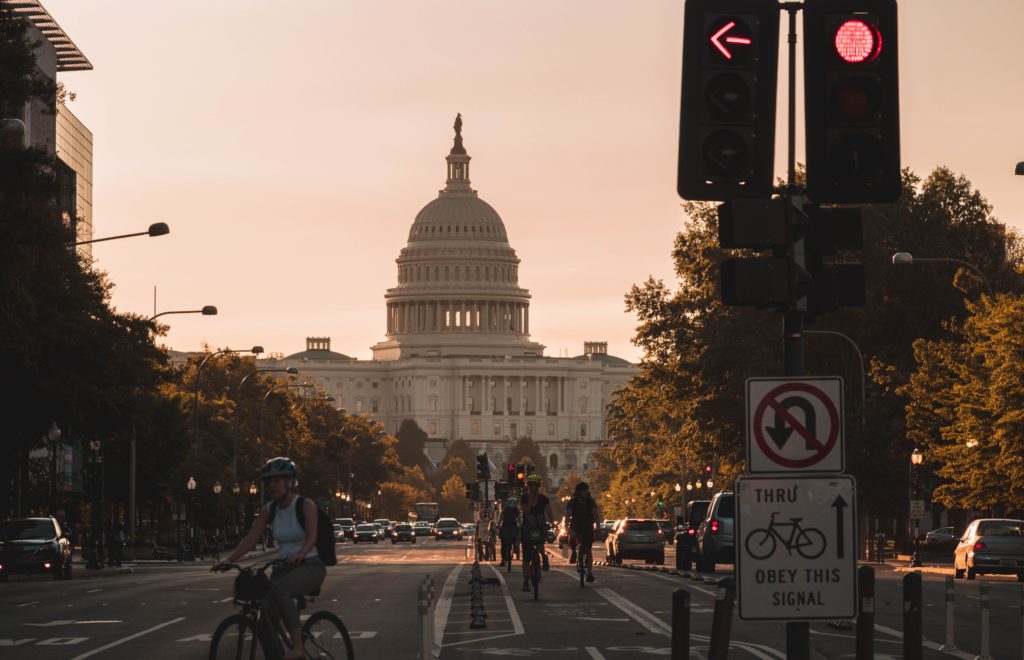
Blog
SOTU Wrap-Up: Why Political Posturing Won’t Stop CPG from Delivering for Consumers
President Biden addressed a range of important topics and issues concerning Americans during his State of the Union address; and then he took a brief intermission to talk about snack companies, the size of potato chip bags, and a candy bar.
While the mention was little more than in passing among much more pressing governance items, it was since the consumer products industry has become the target of politicians’ election year posturing.
Food, beverage, household and personal care companies have made decades-long investments in building trust with consumers — no one is closer to the consumer. It’s fundamental to their business model and something that makes no sense to disrupt.
Think about any grocery store – the paper towel, yogurt, cereal aisles — and it’s abundantly obvious that the consumer products industry is highly competitive, where consumers have a myriad of choices at a variety of price points. This means there’s a significant amount of market discipline because of the competition between brands and private label options. Companies operate within a framework of narrow margins, accountability and responsiveness to consumer demands and in a modern, diverse and dynamic.
Just as inflation impacts all sectors – from housing to energy and insurance – consumer products companies continue to absorb the economic realities of inflation, including:
- The cost of ingredients,
- Packaging;
- And other input costs including labor, energy and transportation.
CBS News noted in February that the driving factors contributing to higher costs include “supply chain issues and climate change, rather than corporate greed. Drought has reduced pasture for raising cows, leading to smaller cattle herds, according to the U.S. Department of Agriculture. And orange production has been impacted by severe weather events and the citrus greening disease, which doesn’t have a cure.”
Just this week, Federal Reserve Chairman Jerome Powell defended the industry, saying “We see inflation as a mismatch between supply and demand,” and “As we’ve seen supply get better, we’ve seen demand cool off a bit – it was very hot coming out of the pandemic – we see inflation coming down.”
This supports a recent U.S. Treasury Department report also offered more evidence that rising wages have contributed to costs and have been outpacing inflation. As Dean Baker, a senior economist at the progressive Center for Economic and Policy Research, told POLITICO, “Costs have gone up — wages are 20 percent higher than they were in 2019.”
The Washington Post opined that not only does the Bureau of Labor Statistics tracks data with changes to a product’s size factored in — whether it’s increased or decreased. Moreover, the author points out that “forbidding companies from changing the prices and sizes of everyday products without government say-so is a form of price controls.”
The industry has long been committed to transparency; investing in programs like Facts Up Front and SmartLabel which puts product information literally at consumers’ fingertips. Moreover, packaging of consumer products is always evolving to meet consumers’ evolving preferences – from different sizes to reducing the amount of packaging to be better for the environment. The product amount within the packaging is always clearly labeled for the consumer to make an informed choice.
So, while the political climate focuses on rhetoric and posturing, the consumer products industry will remain focused on our ongoing, ultimate goal: ensuring uninterrupted access to high-quality food, beverage, personal care and household product choices that consumers want and need.
Published on March 8, 2024



